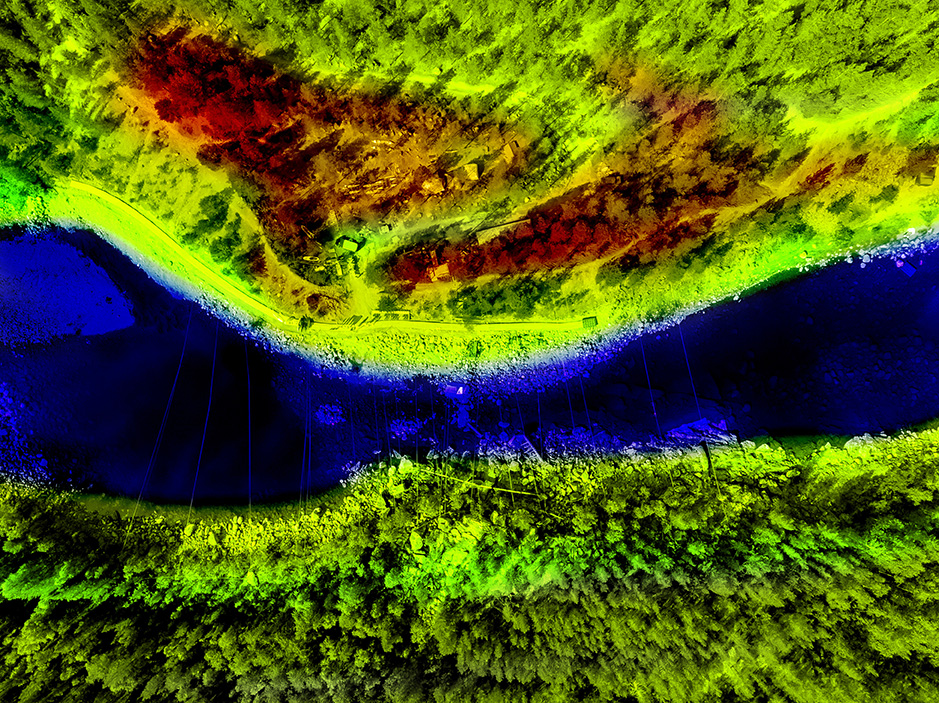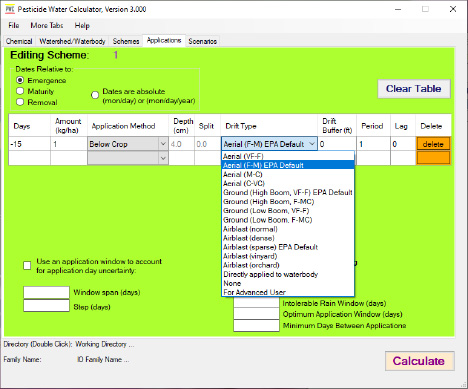Toxicology Support

Waterborne Environmental supports its clients on all scientific and regulatory issues related to human health and the environment.
![]()
We offer Toxicology Support services because
Chemical risk assessment can’t be solved with a single data point and checking a box.
Waterborne covers the full life cycle of human and environmental risk assessment for a wide range of chemicals and substances, from problem formulation, hazard identification, dose-response assessment, apply computational toxicology methods, design and contract laboratory studies to exposure assessment and risk characterization. Our highly qualified, published experts collaborate to identify, collect, manage, evaluate, model, and interpret scientific data to produce science-based analyses. Our risk assessments endure intense scrutiny and establish scientifically sound conclusions.
Do you have questions about our Toxicology Support work?
Contact Waterborne's Global Toxicology Support lead, Jennifer Collins, at collinsj@waterborne-env.com.
Chamber Workforce Programs
"Something nice someone has to say about Waterborne's Toxicology Support team"Testimonial Name
Our Toxicology Support Work
Our team of (eco)toxicology and regulatory specialists provides innovative, scientifically sound solutions to support ongoing and new business initiatives. We seek close partnerships with our customers on all matters related to product safety and regulatory affairs.
Our regulatory toxicology services include:
- Coordination, analysis, and registration management of chemical portfolios
- State-of-the-art toxicology, ecotoxicology and environmental fate assessments
- Dose-response assessment
- Benchmark dose analysis
- QSAR and analog-based chemical safety evaluations
- Data waiver arguments
- Higher tiered human and environmental exposure modelling and risk assessments
- Dietary exposure and risk assessment
- Food contact and feed additive risk assessment
- Categorical exclusions for new drug applications








